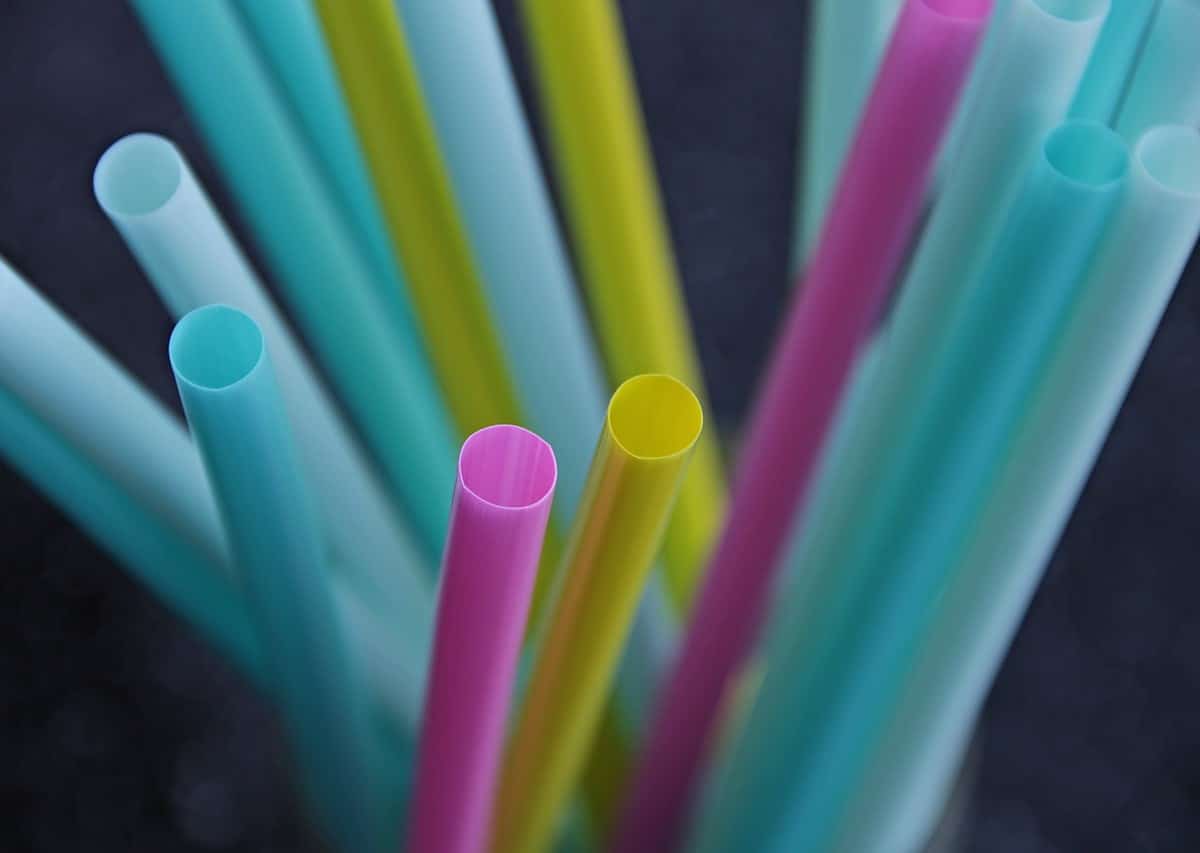Costa Rica is making headlines in the fight against plastic waste with the signing of a new law that prohibits the commercialization and free delivery of plastic bags and straws, and conditions the disposal of plastic bottles to the management of such waste. This is part of a broader set of pro-environmental policies that have made Costa Rica a world leader in environmental protection.
The new law, which was approved in 2019, will be effective in twelve months, pending the presidential signature of the regulation that enables its implementation. The government hopes that this will significantly reduce the amount of plastic waste that is produced in the country, and help to mitigate the environmental and health impacts of plastic pollution.
The regulation prohibits “the commercialization and free delivery of plastic bags to the final consumer in supermarkets and commercial establishments”, with the exception of those made with at least 50% of processed plastic or biodegradable type. This means that supermarkets and other commercial establishments will no longer be able to give away plastic bags to their customers, and will have to switch to more sustainable alternatives.
Similarly, the prohibition on straws or light bulbs is absolute throughout the national territory, pending the establishment of exceptions by the Ministry of Health. This means that individuals and businesses will have to find alternatives to single-use plastic straws and light bulbs.
As for plastic bottles, importers, producers, marketers, and distributors of single-use plastic bottles must comply with at least one condition established in the law in order to maintain business. These include that the bottles contain a percentage of recycled resin or the establishment of a program of recovery, reuse, recycling, energy recovery or other means of waste recovery. This means that businesses will have to take responsibility for the waste they produce and find ways to recycle or reuse it.
According to the Costa Rican Ministry of Health, every day more than 40 tons of plastic waste are not collected or captured by the collection and recycling systems. This is a significant problem, as plastic waste can take hundreds of years to decompose and can have harmful effects on the environment and wildlife.
The Minister of Health, Alexei Carillo, emphasized during the joint press conference with the President that plastic and microplastic pollution is not only an environmental problem but also a health problem. The new law is an important step towards protecting the public health of Costa Ricans and people who visit the country.
“Costa Rica with this new regulation is taking the initiative and the baton to say: ‘here we are defending our ecosystems’ and also defending the public health of Costa Ricans and people who visit us,” said the head of the health portfolio.
Among other highlights of the law is the prohibition by any state institution of purchases of single-use plastic items such as cutlery, crockery, or food containers. This means that state institutions will have to find alternatives to single-use plastic items, and promote more sustainable practices.
According to a report published last March on the specialized website PLOS One, an estimated 170 trillion plastic fragments, mostly microplastics, are floating in the world’s seas. The total weight of plastic pollution detected to date is 2.3 million tons, according to the PLOS study. These figures are staggering and underscore the urgent need for action to address the plastic waste problem.
Costa Rica’s new law is an important step towards addressing this problem, and sets a strong example for other countries to follow. By banning single-use plastic bags and straws, and requiring businesses to take responsibility for their plastic waste, Costa Rica is taking a leadership role in the fight against plastic pollution.
However, more needs to be done. Governments, businesses, and individuals around the world need to take action to reduce their use of plastic and promote more sustainable alternatives. By working together, we can create a cleaner, healthier, and more






